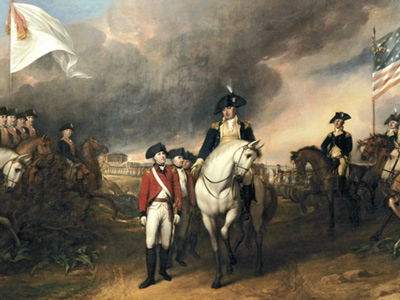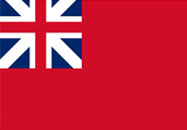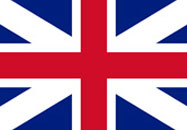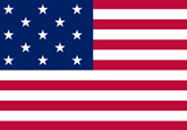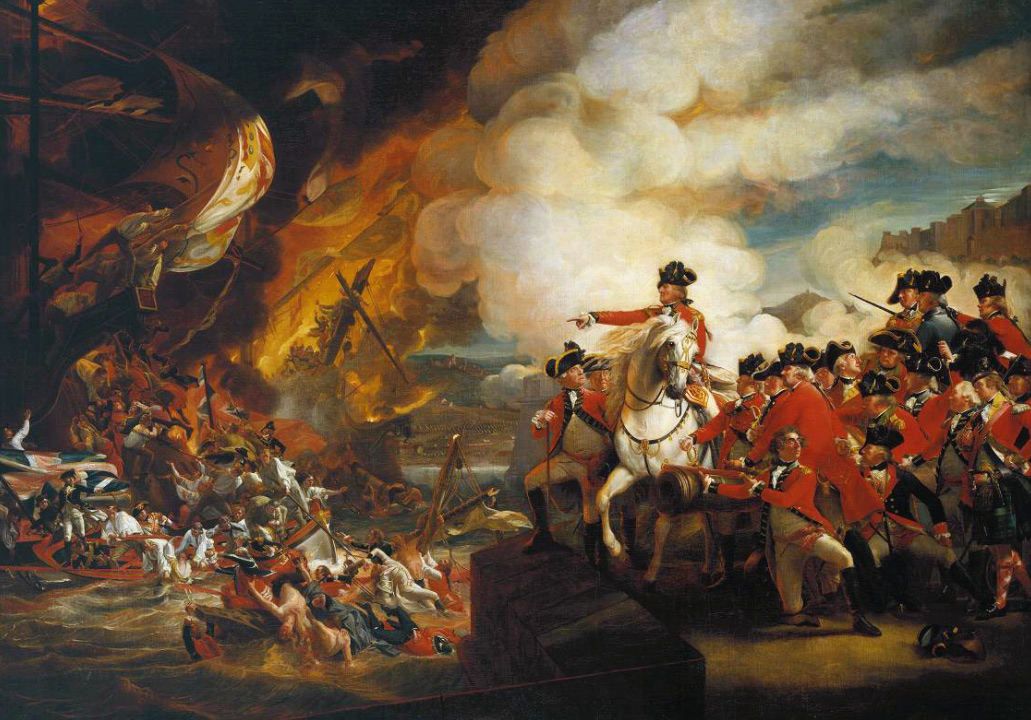American Revolutionary War (1775–1783)
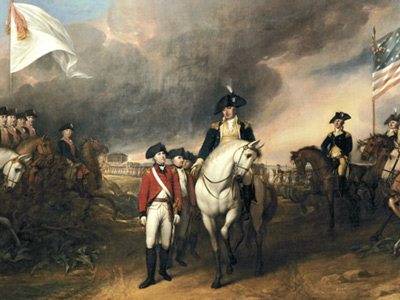
Political Reactions
After fighting began, Congress launched a final attempt to avert war, which Parliament rejected as insincere. King George III then issued a Proclamation of Rebellion on August 23, 1775, leading to an emboldening of hitherto weak support for independence in the colonies. After a speech by the King, Parliament rejected to oppose coercive measures on the colonies by 170 votes. British Tories refused to compromise, while Whigs argued current policy would drive the colonists towards secession. Despite opposition, the King himself began micromanaging the war effort. The Irish Parliament pledged to send troops to America, and Irish Catholics were allowed to enlist in the army for the first time. Irish Protestants favored the Americans, while Catholics favored the King.
Militarily, the initial hostilities was a sobering lesson for the British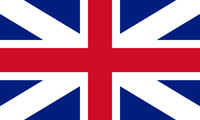 The Kingdom of Great Britain was a sovereign country in Western Europe from 1 May 1707 to the end of 31 December 1800. The state was created by the 1706 Treaty of Union and ratified by the Acts of Union 1707, which united the kingdoms of England (which included Wales) and Scotland to form a single kingdom encompassing the whole island of Great Britain and its outlying islands, with the exception of the Isle of Man and the Channel Islands., causing them to rethink their views on colonial military capability. The weak British response gave the Patriots the advantage; the British lost control over every colony. The army had been kept deliberately small since 1688 to prevent abuses of power by the King. Parliament secured treaties with small German states for additional troops, and, after a year, were able to send an army of 32,000 men to America, the largest it had ever sent outside Europe at the time.
The Kingdom of Great Britain was a sovereign country in Western Europe from 1 May 1707 to the end of 31 December 1800. The state was created by the 1706 Treaty of Union and ratified by the Acts of Union 1707, which united the kingdoms of England (which included Wales) and Scotland to form a single kingdom encompassing the whole island of Great Britain and its outlying islands, with the exception of the Isle of Man and the Channel Islands., causing them to rethink their views on colonial military capability. The weak British response gave the Patriots the advantage; the British lost control over every colony. The army had been kept deliberately small since 1688 to prevent abuses of power by the King. Parliament secured treaties with small German states for additional troops, and, after a year, were able to send an army of 32,000 men to America, the largest it had ever sent outside Europe at the time.
In the colonies, the success of Thomas Paine's pamphlet Common Sense had boosted public support for independence. On July 2, Congress voted in favor of independence with twelve affirmatives and one abstention, issuing its declaration on July 4. Washington read the declaration to his men and the citizens of New York on July 9, invigorating the crowd to tear down a lead statue of the King, melting it to make bullets. British Tories criticized the signatories for not extending the same standards of equality to slaves. Patriots followed independence with the Test Laws, requiring residents to swear allegiance to the state in which they lived, intending to root out neutrals or opponents to independence. Failure to do so meant possible imprisonment, exile, and, in some cases, death. American Tories were barred from public office, forbidden from practising medicine and law, forced to pay increased taxes, barred from executing wills or becoming guardians to orphans. Congress enabled states to confiscate Loyalist property to fund the war, and offered them a choice between swearing loyalty to the republic, or either face exile, or forfeit the right to protection. Quakers, who remained neutral, had their property confiscated. States later prevented Loyalists from collecting any debts they were owed.
HISTORY
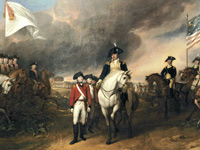
RESOURCES
This article uses material from the Wikipedia article "American Revolutionary War (1775–1783)", which is released under the Creative Commons Attribution-Share-Alike License 3.0.
© Stories Preschool. All Rights Reserved.
